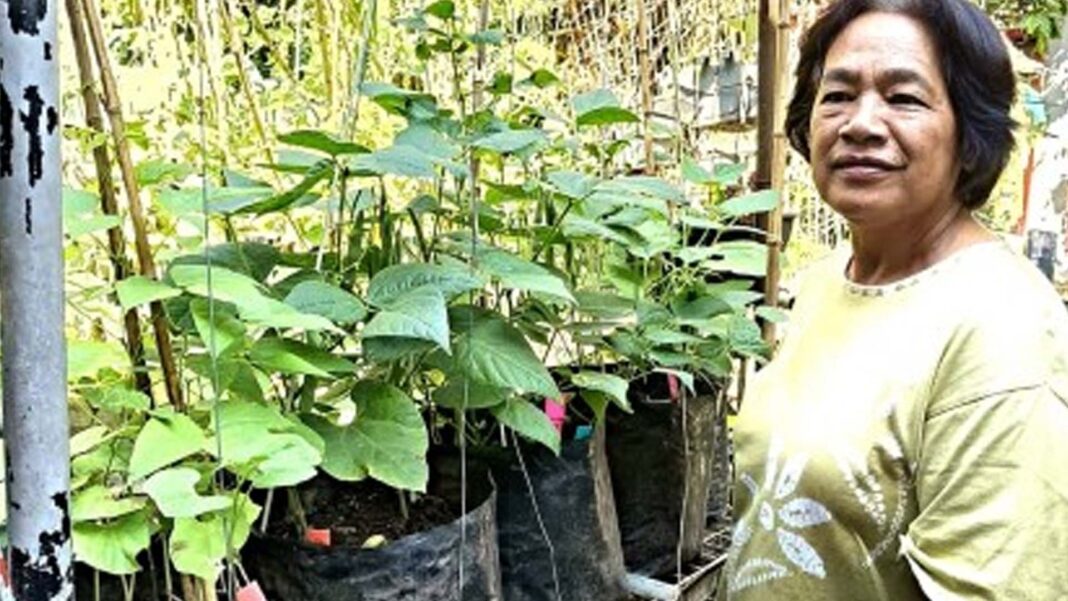At least four public schools here have adopted urban gardening as part of the curriculum to teach students about the topic.
“The subject matter will be incorporated in different subjects and will not be a new subject in addition to the nationally prescribed curriculum,” Dr. Soraya Faculo, Baguio City Schools Division Superintendent, said in an interview on Friday.
The schools tapped for this bid are Rizal Elementary School, Quezon Elementary School, Doña Aurora National High School, and Joaquin Smith National High School.
Faculo said students discuss in their Science subject the life cycle of plants and growing plants from seeds; the importance of healthy food and lifestyle in Music, Arts, Physical Education and Health (MAPEH), and entrepreneurship and income from selling vegetables are discussed in Technology and Livelihood Education (TLE) in high school.
She said topics on urban gardening will be taught using a holistic approach, not just on the academic side but also on the actual growing of vegetables in pots and small areas of the schools and their homes.
“We want them not just to learn from the lessons but to see and experience the topic that is being taught to them in class through practice planting,” she said.
It can be recalled that the city agriculture and veterinary office first introduced urban gardening among students of Quezon Elementary School in 2023 to inculcate among the students the importance of helping their families to have ready, fresh food that they grow in pots or recyclable materials and without the need for large spaces
Earlier, Dr. Estela Cariño, regional director of the Department of Education (DepEd) in the Cordillera Administrative Region (CAR), said schools in the region are adopting the “Matatag na Gulayan sa Paaralan (stable vegetable farm in schools)” and the “Enhanced Gulayan sa Paaralan (enhanced vegetable farms in schools)” programs to address stunting among children
“It is not just the academic information that is hoped to be learned by the students but (it is aimed to) also improve their life skills by introducing entrepreneurship and integrating competencies,” she said.
Ginadine Balagso, Schools Division Superintendent of Kalinga, said the province largely produces rice and corn but there is also a need to teach students the importance of growing other food varieties to ensure food sustainability not just for their families but the nation as well.
Also, Kalinga Governor James Edduba said youth engagement in agriculture, in terms of production or processing, will be encouraged as part of the Sangguniang Kabataan (Youth Council) activities since they will be provided technical and financial support. (PNA)





